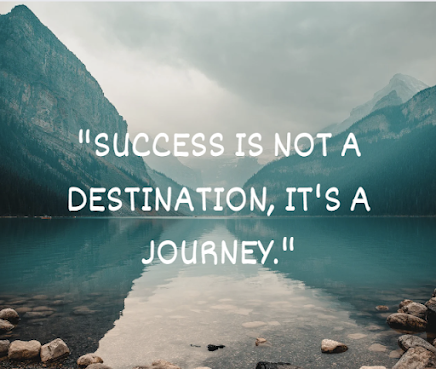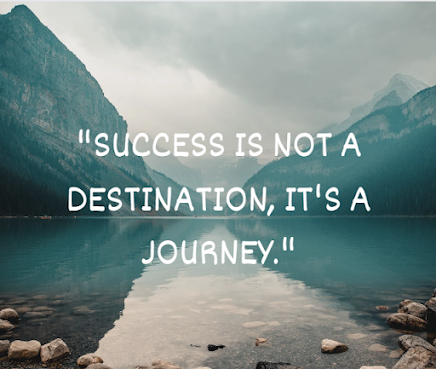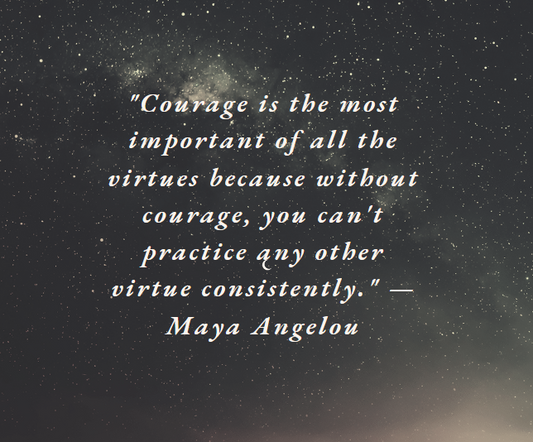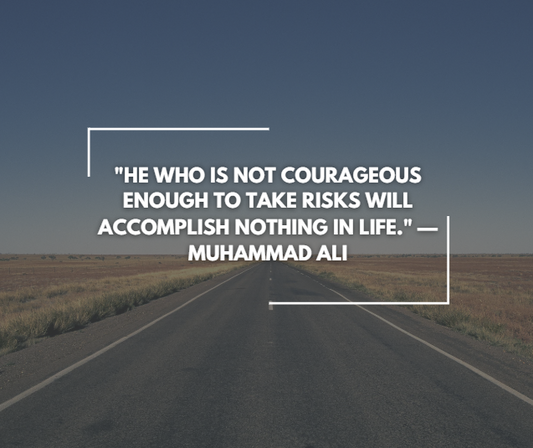"Success is not a destination, it's a journey." This timeless adage, often attributed to inspirational figures like Zig Ziglar and Arthur Ashe, encapsulates a profound truth about the nature of achievement and personal growth. At its essence, this quote challenges the conventional notion of success as a fixed endpoint or destination, instead emphasizing the ongoing process of growth, learning, and self-discovery that defines the pursuit of excellence.
Firstly, let's unpack the concept of success itself. While success is often equated with tangible outcomes such as wealth, fame, or accolades, its true essence extends far beyond material achievements. Success can be defined in myriad ways, encompassing personal fulfillment, meaningful relationships, inner peace, and the realization of one's potential. It is a deeply subjective and multifaceted concept that varies from individual to individual.
In the context of the quote, "Success is not a destination, it's a journey," success is reframed as a continuous and dynamic process rather than a static endpoint. Rather than fixating on reaching a specific goal or milestone, individuals are encouraged to embrace the journey itself—the ups and downs, the triumphs and setbacks, the challenges and opportunities—as integral components of the path to success.
Consider, for example, the journey of an aspiring entrepreneur. While the ultimate goal may be to build a successful business, the journey towards that goal is filled with countless experiences and lessons that contribute to personal and professional growth. From the initial spark of inspiration to the challenges of launching a startup, from the exhilaration of early successes to the resilience required to navigate setbacks, each step along the way shapes the entrepreneur's journey and contributes to their development as a leader and innovator.
Moreover, the notion of success as a journey underscores the importance of process over outcome, of growth over achievement. It encourages individuals to focus not only on the destination but also on the experiences, relationships, and lessons gained along the way. It reminds us that true success lies not in reaching a particular milestone but in the journey of self-discovery, self-improvement, and contribution to the world.
In this sense, the journey towards success becomes a vehicle for personal transformation and fulfillment. It is a continuous process of learning, adapting, and evolving in response to the ever-changing landscape of life. Each experience, whether positive or negative, serves as an opportunity for growth and self-reflection, guiding individuals towards a deeper understanding of themselves and their purpose.
Furthermore, viewing success as a journey promotes resilience and perseverance in the face of adversity. Rather than becoming discouraged by setbacks or obstacles, individuals who embrace the journey mindset approach challenges as opportunities for learning and growth. They understand that failure is not a permanent state but a temporary setback on the path to success. With this mindset, they are able to bounce back from setbacks with renewed determination and optimism, ultimately achieving greater levels of success in the long run.
In conclusion, "Success is not a destination, it's a journey" offers a powerful reminder of the transformative nature of the pursuit of excellence. It encourages individuals to embrace the process of growth, learning, and self-discovery as integral components of the path to success. By shifting the focus from outcomes to experiences, from destinations to journeys, individuals can cultivate resilience, perseverance, and fulfillment on their quest to achieve their dreams.






